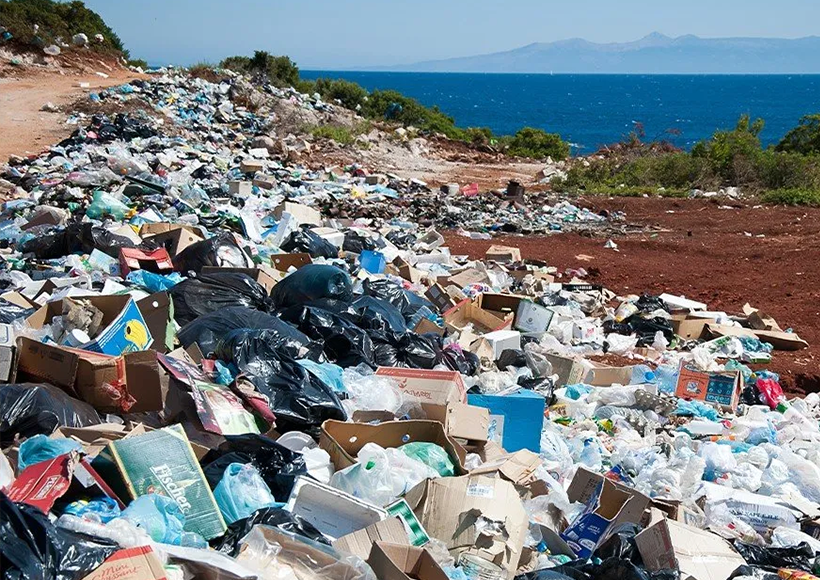
Introduction
Waste pollution is a growing environmental challenge that affects our land, water, and air. Improper waste disposal leads to health hazards, pollutes natural ecosystems, and contributes to climate change. Effective waste management is crucial for maintaining a clean and sustainable environment.
The Impact of Poor Waste Management
- Land Pollution: Dumping waste in open landfills contaminates the soil and reduces land productivity.
- Water Pollution: Plastic and hazardous waste end up in rivers and oceans, endangering marine life.
- Air Pollution: Burning waste releases harmful toxins and greenhouse gases into the atmosphere.
The Benefits of Proper Waste Management
✅ Reduces Pollution: Recycling and proper disposal prevent toxins from entering the environment.
✅ Conserves Resources: Reusing materials saves energy and natural resources.
✅ Creates Jobs: Waste management industries provide employment opportunities.
✅ Promotes Health: A cleaner environment reduces the spread of diseases.
What Can We Do?
- Reduce waste by avoiding single-use plastics and unnecessary packaging.
- Recycle paper, plastic, and glass to minimize landfill waste.
- Participate in clean-up campaigns to keep our communities clean.
- Support sustainable businesses that prioritize eco-friendly packaging and waste disposal.
Conclusion
Sustainable waste management is a collective responsibility. By making small changes in our daily lives, we can significantly reduce waste and protect our planet.
📢 Join our clean-up campaigns and be part of the change!


